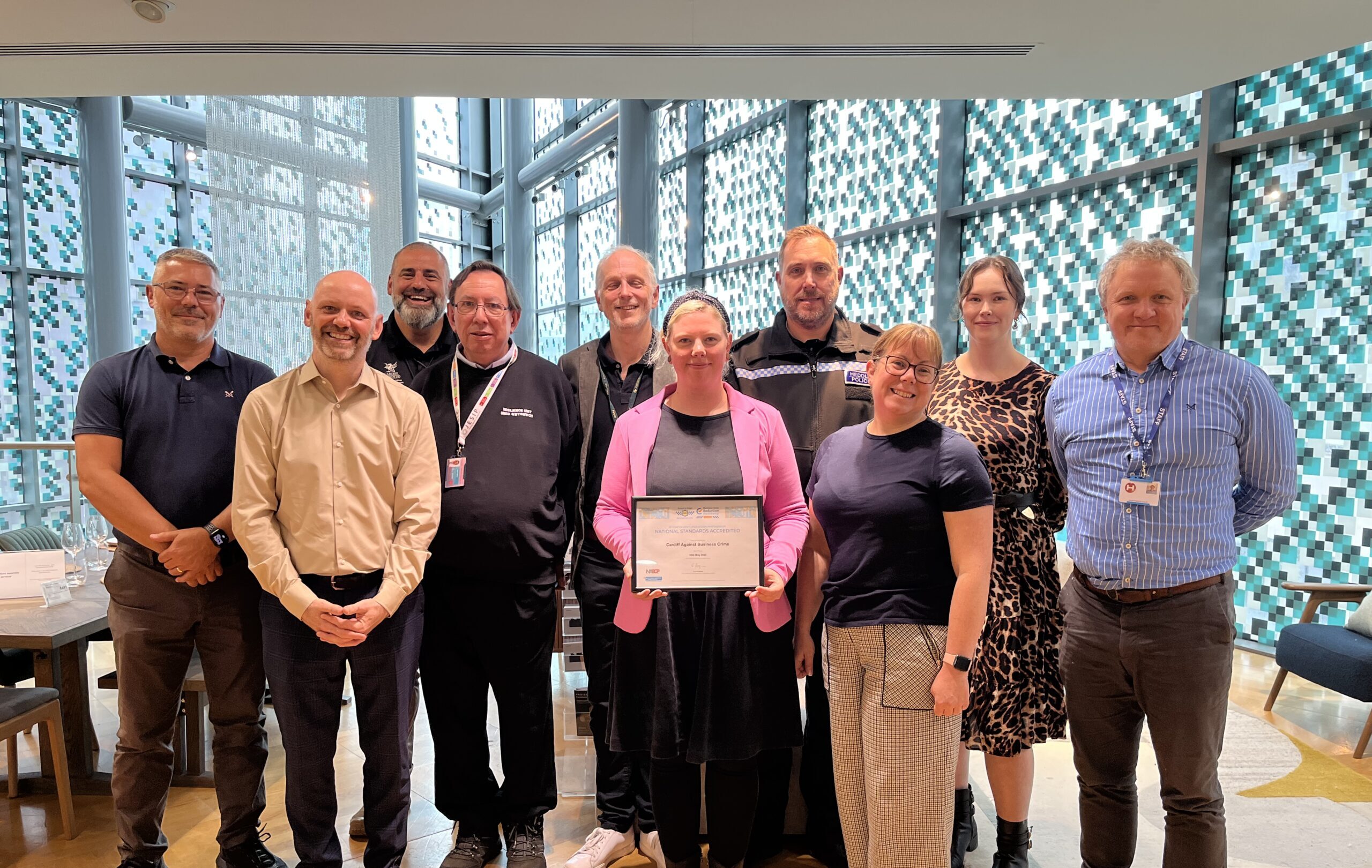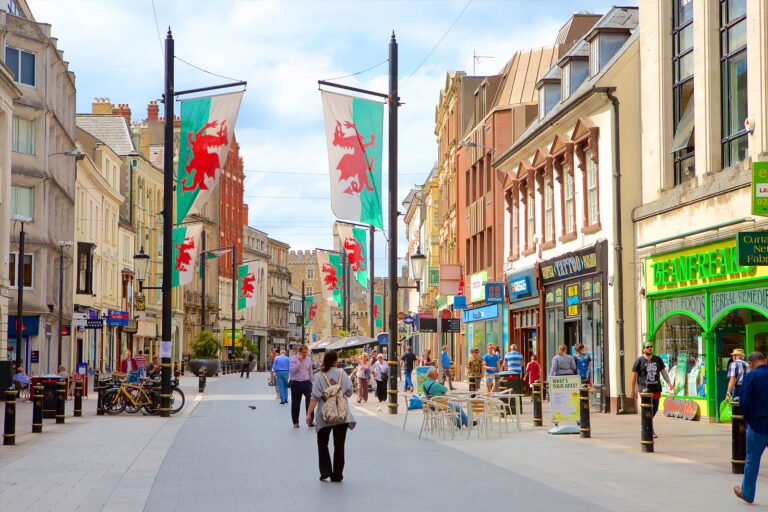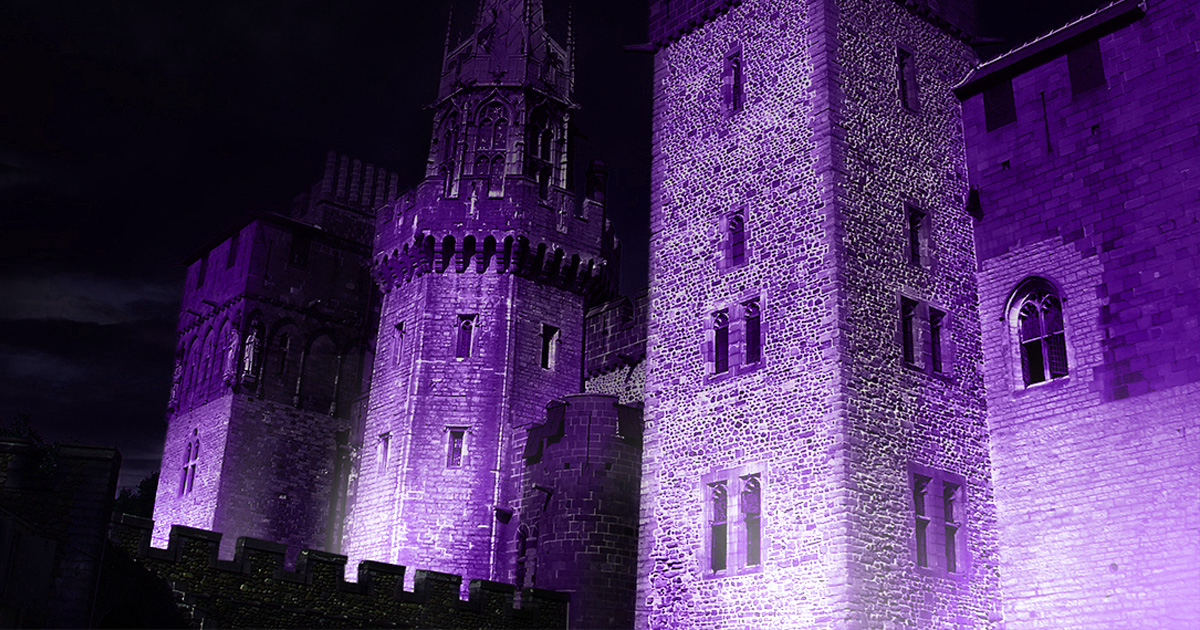FOR Cardiff welcomes the announcement of the new National Retail Crime Strategy, a collaborative effort designed to tackle retail crime across the UK.
Retail crime is a complex, shared challenge that demands a partnership approach involving the police, retailers, Business Crime Reduction Partnerships (BCRPs), and other crime prevention organisations. Endorsed by the Home Office and led by the National Retail Crime Forum, the strategy provides a new blueprint to help deliver a safe, vibrant, and thriving retail sector for communities nationwide.
The Tackling Retail Crime Together strategy highlights the critical role of Business Crime Reduction Partnerships in implementing effective crime prevention standards.
At a local level, FOR Cardiff hosts the Cardiff Against Business Crime (CABC) partnership, a network of local businesses and agencies working together to reduce business crime and make Cardiff a safer place for everyone.
Cliff Vanstone, Chair of CABC and Manager of John Lewis Cardiff, said:
“The businesses we represent through CABC (Cardiff Against Business Crime) and those that actively work on and support this Partnership have played a significant role in ensuring our collective concerns are being heard. Along with working collaboratively with local authority, the Police, and community charities within our city, all have contributed to both creating awareness and renewed vigour in ensuring our city is a safe one to both work and live in.”
Inspector Adrian Snook of South Wales Police added: “South Wales Police are committed to tackling retail crime and protecting shopworkers, within the city centre we have seen a 40% decrease in shoplifting offences year to date. Working with our partners in Community Safety and the Crown Prosecution Service the first Criminal Protection Order has been issued against a repeat city centre shoplifter to prevent him from committing further offences. We will be taking this approach with other repeat offenders.”
To read the full strategy and learn more, visit the Tackling Retail Crime Together | National Business Crime Centre.
For more information about Cardiff Against Business Crime, Email cabc@forcardiff.com.




